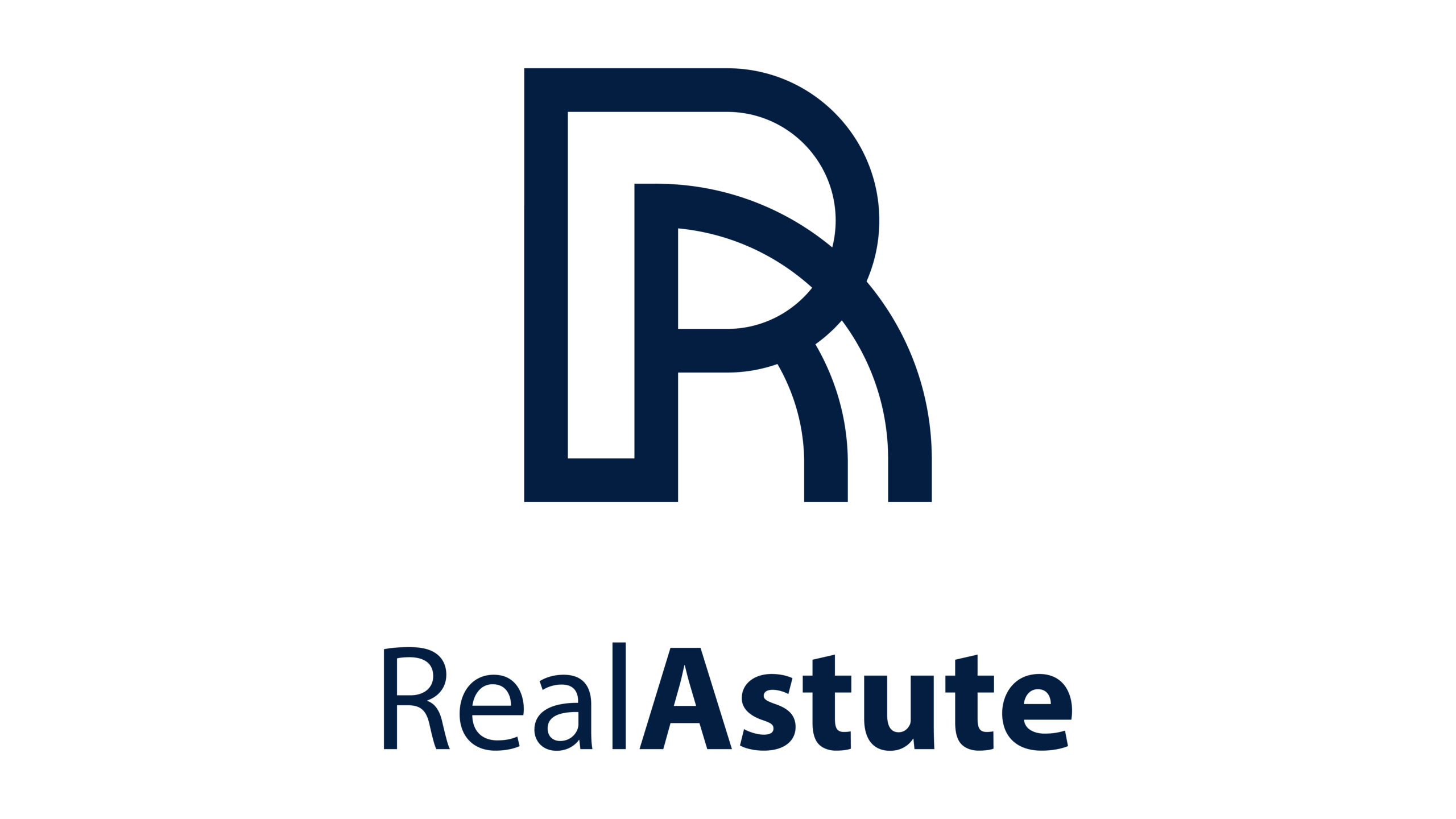Go into a “cave” to manage procrastination
By Kevin Shirley, Associate Broker (DC), e-PRO, GRI, ASP
No, that’s not some sort of typo. This strategy’s moniker, coined by Caveday.org, will make a lot more sense once you learn just what this is all about. If you’re the type that loves to let unfinished projects sit until the very last minute or if you’re always in a crunch because you wait until the last possible minute to get started on a project, Caveday may be just what you’re seeking.
What is Caveday?
Caveday is the brainchild of three friends who struggled with productivity issues, including procrastination. They wanted a strategy to stop procrastinating and to hold each other accountable. Jeremy, one of the founding members of Caveday, had once described “going into the cave” to finish a screenplay he had been completing. With his script finished, the friends were awestruck about Jeremy’s amazingly productive strategy. They set out to learn why he could be so productive and see if they could reproduce that same level of productivity among themselves and a few other fellow procrastinators.
As a result, Caveday was formed!
Remote Caves make it impossible to procrastinate
Caveday has helped one-person operations, coders, writers, designers, college students, and even comedians. Obviously, all of these people aren’t able to make it to an actual on-site Caveday “cave” so, instead, they participate in what are called Remote Caves.
During Remote Caves, fellow procrastinators come together for short bursts of work (less than an hour or so) called “sprints,” followed by a small break — all with their cell phones hidden and out of reach.
During Remote Caves, participants gather via a Zoom meeting led by a trained moderator who guides the introductions, sets the time for sprints, and demonstrates periodic stretches and other physical activities to keep participants focused and limber.
We can learn a lot from the wildly successful collaboration of procrastinators worldwide and apply it to scenarios that we all must face. Here are some of the reasons that these Remote Caves are so successful:
- Bursts of focused work. It can seem like a tall task to say, “I need to sit down and do work for 8 hours straight.” But it’s much more digestible when you break it up into smaller chunks. Remote Caves have bursts of work that are between 40 and 52 minutes. They don’t tell you exactly how long because you are supposed to focus more on that task at hand.
- Frequent breaks. Procrastinators often wait until the last minute and then try and cram in as much work as possible — this way of working leaves no room for breaks. Not taking breaks is unhealthy and can leave a poor taste in your mouth about working on future projects. Remote Caves have you take small breaks after every single burst of work.
- Professional direction. Do you have a mentor that can guide you through challenging problems? It’s easy to procrastinate when you’re stuck looking for a solution to something. “Oh, no, that’s too hard, and I’m not sure how to solve this. I’ll come back to this problem later on.” But you never come back to it. Remote Caves are led by trained “Cave Guides” that have diverse professional backgrounds. Having someone to guide you along the workday makes solving problems much more manageable, just like having a mentor with whom to collaborate.
- Accountability. Think about working a salaried or hourly-wage job. You’ve got your coworkers and bosses around you. It’s hard to procrastinate because they’re holding you accountable. When you’re working remotely or working for yourself, who is going to keep you accountable? Your spouse? Your dog? Remote Caves take place over a Zoom meeting where fellow procrastinators and your host can hold you accountable.
- Limited distractions. This one probably goes hand in hand with accountability. If you’re sitting at home dreading your next task, it’s almost second nature for most of us to pick up our cell phones and mindlessly tune out to our responsibilities. Going to an in-person Caveday will require you to turn in your cellphone before the day starts. Remote Caves require that you hide your cell phone and put it out of reach. Would you like to know why they do this? Because it’s an effective way to get people to focus on their work.
Procrastination: Is it normal?
Procrastination is exceptionally common. Now, procrastinating is different from being a procrastinator. Everybody procrastinates with something at some point throughout the workweek. But for some of you reading this, and for many Caveday participants, chronic procrastination is prevalent in our lives. Just know that you are not alone, and we can use the Remote Caves strategy to learn how to tackle our problems better and focus on what’s in front of us.
_____________________________________
KEVIN REID SHIRLEY is a real estate professional with almost twenty-five years of experience. He is an Associate Broker with Long & Foster Real Estate in Washington, DC. He is also an Accredited Staging Professional and a Graduate of the REALTOR Institute. He graduated from the University of Mary Washington with a Bachelor of Arts Degree in Classical Civilization and Art History. Find his author page on Facebook; e-mail him at kevin@realastute.com; call/text him on 202.320.6634.







